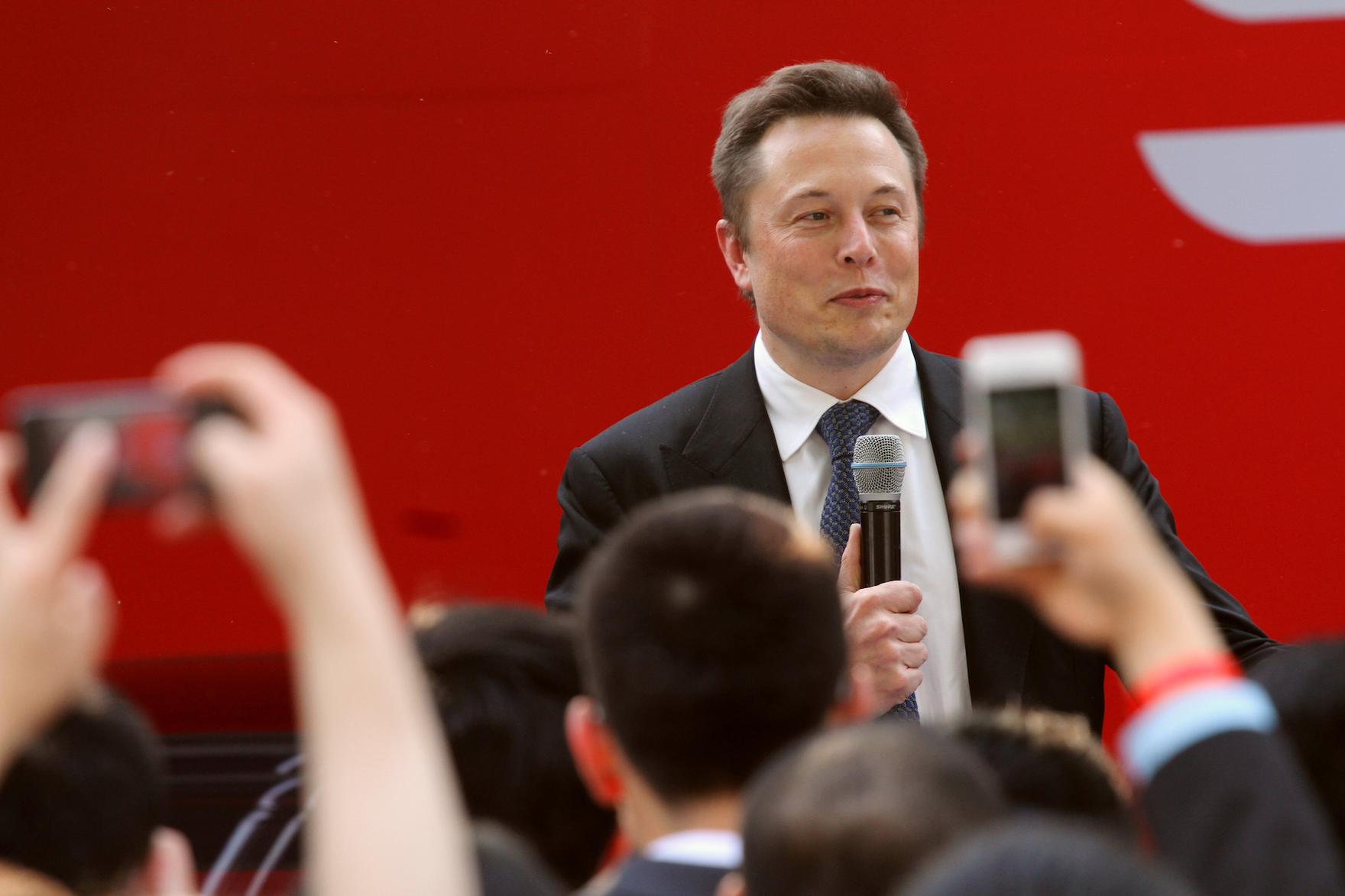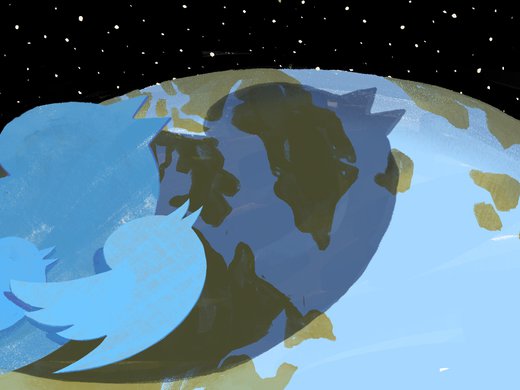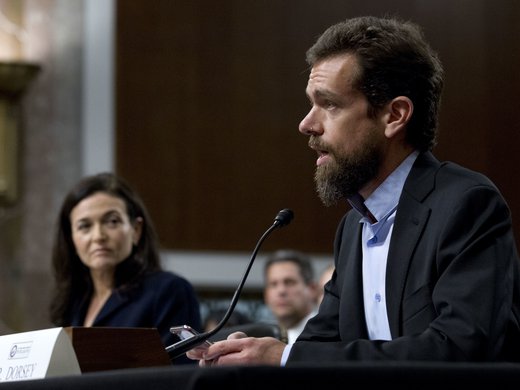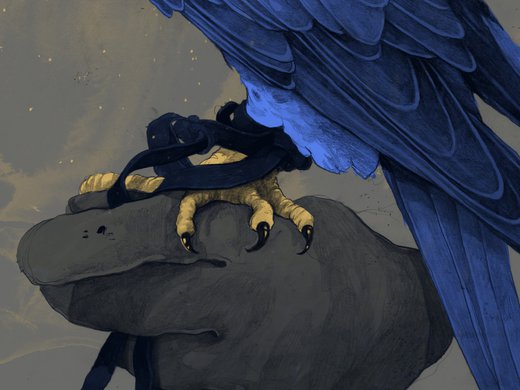If you believe Elon Musk, the future of civilization rests on his purchase of Twitter. The richest man in the world is plowing his earnings from Tesla, SpaceX and other high-tech ventures into buying his favourite social media platform for several billion dollars more than it’s worth because, he says, he wants to maximize free speech.
The need for what Musk called in his recent TED interview a “maximally trusted and broadly inclusive” speech platform rests on his personal definition, which he summarizes as: “Is someone you don’t like allowed to say something you don’t like? And if that is the case, then we have free speech.”
The problem with this formulation is that it glosses over coordinated disinformation and propaganda, endemic harassment and pervasive hate speech, which can drown out and silence other speech. Women, minorities and marginalized voices are unlikely to find that Musk’s version of free speech means much when influential accounts, trolls and botnets use his definition to justify their pernicious vitriol. His oversimplification also dismisses bipartisan support for social media companies mitigating online misinformation through better content moderation.
One has to question whether Musk was thinking of the pervasive online harassment experienced by so many of his users, or rather Donald Trump’s deplatforming in the wake of the January 6, 2021, insurrection and the unfounded complaint that social media censors conservatives. In fact, a multi-country study has found that Twitter’s algorithms amplify the political right more than the left.
That is why Musk’s musing about wanting to increase public confidence in Twitter by opening up its “blackbox algorithm” may assuage at least some of the well-justified concerns about another Silicon Valley billionaire owning a major portion of the public sphere.
Making Twitter’s algorithmic secret sauce public could serve the public interest in several ways. For one thing, researchers would be able to analyze the algorithmic dimensions of information operations and harassment while exploring how different design choices and data interact with these algorithms. Twitter is already one of the world’s most studied platforms because it has an open API, in contrast with Facebook, which has shut down research projects and retaliated against researchers.
It’s possible this could lead to experimentation with a different type of social media logic and experience, laying the groundwork for a decentralized social network standard.
Making Twitter open source could allow people to develop their own plug-ins, filters and additions to customize the site, much as with Wordpress, one of the world’s most popular and versatile website platforms.
It’s possible this could lead to experimentation with a different type of social media logic and experience, laying the groundwork for a decentralized social network standard — one on which various kinds of experiences and applications could be built.
Because, to be blunt, most people don’t want to hang out in the cesspool of unmoderated Twitter, just as they wouldn’t want to go to a public square where people yell and throw things at them.
Musk has called Twitter the de facto public town square, and he has a point. Pretty much anyone can get up on their soapbox and tweet. And Twitter is the favoured platform of the world’s political elite and journalists. This is probably why Musk has complained about lagging use by top influencers such as Barack Obama and Lady Gaga.
But vast swaths of what would count as the public sphere are already owned by private, wealthy (and usually white) dudes. Jeff Bezos, who owns The Washington Post and Amazon. Mark Zuckerberg, who owns the far bigger and more profitable Facebook, Instagram and WhatsApp. And of course there’s Rupert Murdoch’s NewsCorp, proprietor of Fox News. Isn’t this what the proponents of unfettered capitalism enable?
But the world’s richest man is taking over the helm of Twitter amid rising government demands for takedowns, new data and personnel localization laws that critics characterize as hostage-taking laws, and a flurry of emerging regulations globally that require internet platforms to quickly remove problematic content or face liability and fines.
Despite being a self-declared “free speech absolutist,” Musk has nonetheless said that Twitter should “match” national speech laws. Most countries’ speech laws are far more restrictive than those of the United States and don’t provide the protections of Section 230 against intermediary liability.
At least 24 countries to date have pursued new policies governing how platforms should treat content, from restricting how platforms can moderate posts and accounts, as in Brazil, to imposing fines for “illegal” content removal as in Russia. New social media laws in India and Pakistan require platforms to erase unlawful content and holds company representatives criminally responsible for compliance.
Musk will consequently need to grapple with whether to comply with domestic laws that restrict free speech, of which there are plenty, or risk governments shutting down the platform or even jailing its employees. That’s a real risk in countries such as Russia, Turkey and Vietnam that have harsh new localization laws that give them greater leverage over global tech platforms.
Ultimately, Musk is going to have to figure out how to moderate some content in order for Twitter to stay available in many countries, to keep his staff safe and to enable the platform to continue serving those populations. Or maybe he will use his vast wealth to resist such pressure by refusing to comply with restrictive speech laws and turn Twitter into a truly global public square.



